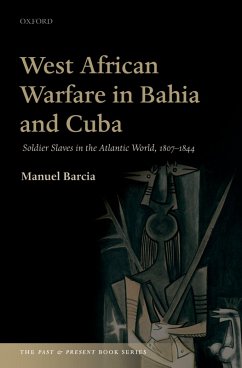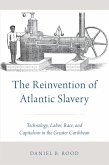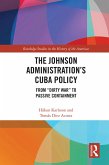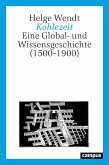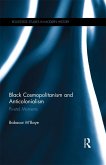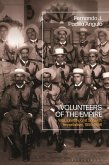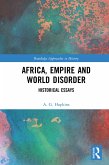West African Warfare in Bahia and Cuba seeks to explain how a series of historical events that occurred in West Africa from the mid-1790s - including Afonja's rebellion, the Owu wars, the Fulani-led jihad, and the migrations to Egbaland - had an impact upon life in cities and plantations in western Cuba and Bahia. Manuel Barcia examines the extent to which a series of African-led plots and armed movements that took place in western Cuba and Bahia between 1807 and 1844 were the result - or a continuation - of events that had occurred in and around the Yoruba and Hausa kingdoms in the same period. Why did these two geographical areas serve as the theatre for the uprising of the Nag?s, the Lucum?s, and other West African men and women? The answer, Barcia argues, relates to the fact that plantation economies supported by unusually large numbers of African-born slaves from the same - or close - geographical and ethnic heritage, transformed the rural and urban landscape in western Cuba and Bahia. To understand why these two areas followed such similar social patterns it is essential to look across the Atlantic - it is not enough to repeat the significance of the African background of Bahian and Cuban slaves. By establishing connections between people and events, with a special emphasis on their warfare experiences, Barcia presents a coherent narrative which spans more than three decades and opens a wealth of archival research for future study.
Dieser Download kann aus rechtlichen Gründen nur mit Rechnungsadresse in A, B, BG, CY, CZ, D, DK, EW, E, FIN, F, GR, HR, H, IRL, I, LT, L, LR, M, NL, PL, P, R, S, SLO, SK ausgeliefert werden.

